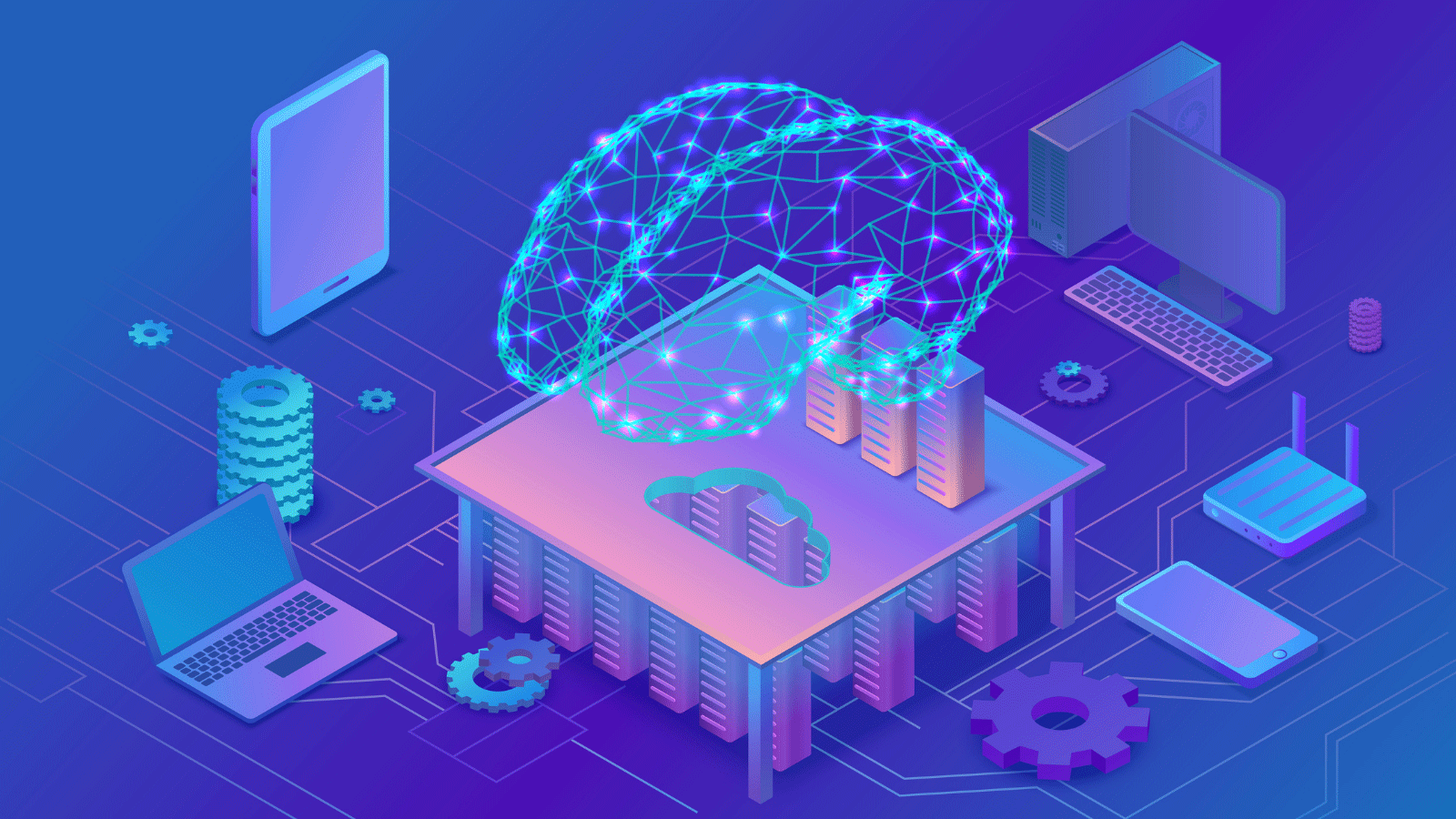Ethical Considerations in AI Development
Artificial Intelligence (AI) is transforming industries, revolutionizing processes, and reshaping societies. However, as AI becomes increasingly powerful and pervasive, ethical considerations in its development and deployment have become critical. Ensuring that AI is designed and used responsibly is essential for fostering trust, fairness, and accountability.
- Bias and Fairness
One of the most pressing ethical concerns in AI development is bias. AI systems often inherit biases present in the data they are trained on, leading to:
- Discriminatory Outcomes: AI systems may unintentionally favor or disadvantage certain groups based on race, gender, or socioeconomic status.
- Limited Inclusivity: If training datasets lack diversity, the AI’s effectiveness for underrepresented populations diminishes.
Solution: Developers must prioritize diverse and representative datasets, implement rigorous testing for bias, and establish fairness metrics to ensure equitable outcomes.
- Transparency and Explainability
AI models, especially complex ones like neural networks, are often criticized as “black boxes” due to their lack of transparency. This raises concerns about accountability and trust when decisions are made by AI systems.
- Challenges: Users may not understand how decisions are made, which can lead to mistrust.
- Impacts: In sensitive areas like healthcare or law enforcement, unexplainable AI decisions can have life-altering consequences.
Solution: Developers should prioritize explainable AI (XAI) methods that make AI decision-making processes understandable to both users and stakeholders.
- Privacy and Data Protection
AI systems often rely on vast amounts of personal data, raising significant privacy concerns:
- Data Misuse: Sensitive information can be exposed or used without consent.
- Surveillance Risks: AI-powered surveillance can infringe on individual freedoms and privacy.
Solution: Implement stringent data protection protocols, adhere to regulations like GDPR, and ensure transparency about data usage. Techniques like differential privacy can enhance security while preserving data utility.
- Accountability and Responsibility
When AI systems make errors, determining accountability becomes challenging. Key questions include:
- Who is responsible for AI decisions that result in harm?
- How can developers and organizations be held accountable for unintended consequences?
Solution: Establish clear guidelines for accountability, including audits, regulatory oversight, and ethical review boards. Developers and organizations must take responsibility for their AI systems’ actions.
- Job Displacement and Economic Impact
AI-driven automation is reshaping the workforce, raising concerns about job displacement and economic inequality:
- Job Loss: Certain roles, especially those involving repetitive tasks, are at risk of being automated.
- Skill Gaps: Workers may struggle to adapt to AI-driven industries.
Solution: Governments, businesses, and educators should invest in upskilling programs, support workers transitioning to new roles, and encourage policies that balance automation benefits with workforce stability.
- Ethical Use of AI in Sensitive Applications
The deployment of AI in sensitive domains like healthcare, criminal justice, and warfare raises ethical questions:
- Healthcare: How can AI ensure equitable access to life-saving treatments?
- Criminal Justice: How can AI avoid perpetuating systemic biases?
- Warfare: Should autonomous weapons be developed and deployed?
Solution: Establish clear ethical guidelines and engage stakeholders, including ethicists, policymakers, and affected communities, in decision-making processes.
- Long-Term Risks and Superintelligence
As AI systems become more advanced, concerns about long-term risks emerge:
- Autonomous Decision-Making: Could AI systems act against human interests?
- Superintelligence: How can humanity ensure control over AI systems that surpass human intelligence?
Solution: Promote interdisciplinary research to study AI’s long-term implications, prioritize alignment with human values, and advocate for international cooperation on AI safety standards.
Conclusion
Ethical considerations are at the heart of responsible AI development. Addressing these challenges requires a collaborative effort from developers, organizations, governments, and society as a whole. By prioritizing fairness, transparency, privacy, and accountability, we can harness the transformative potential of AI while ensuring that it serves humanity responsibly.
The path forward lies in balancing innovation with ethics, creating a future where AI enhances human well-being without compromising core values.


